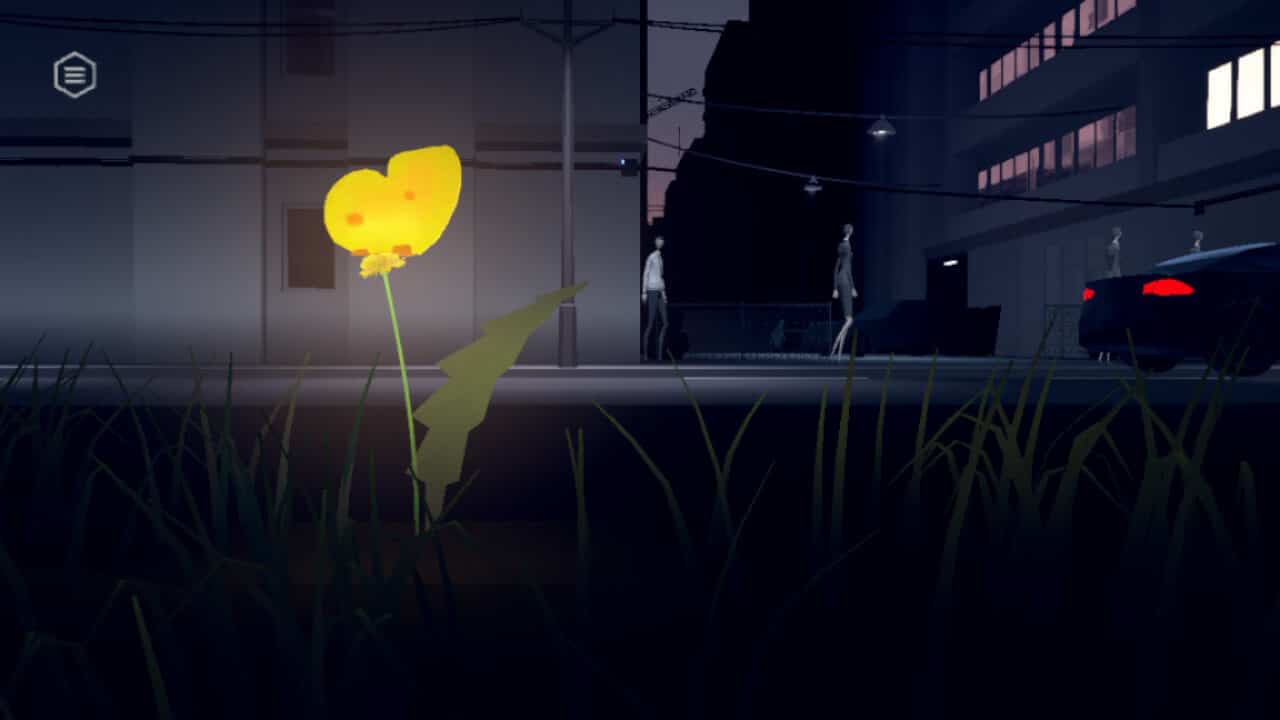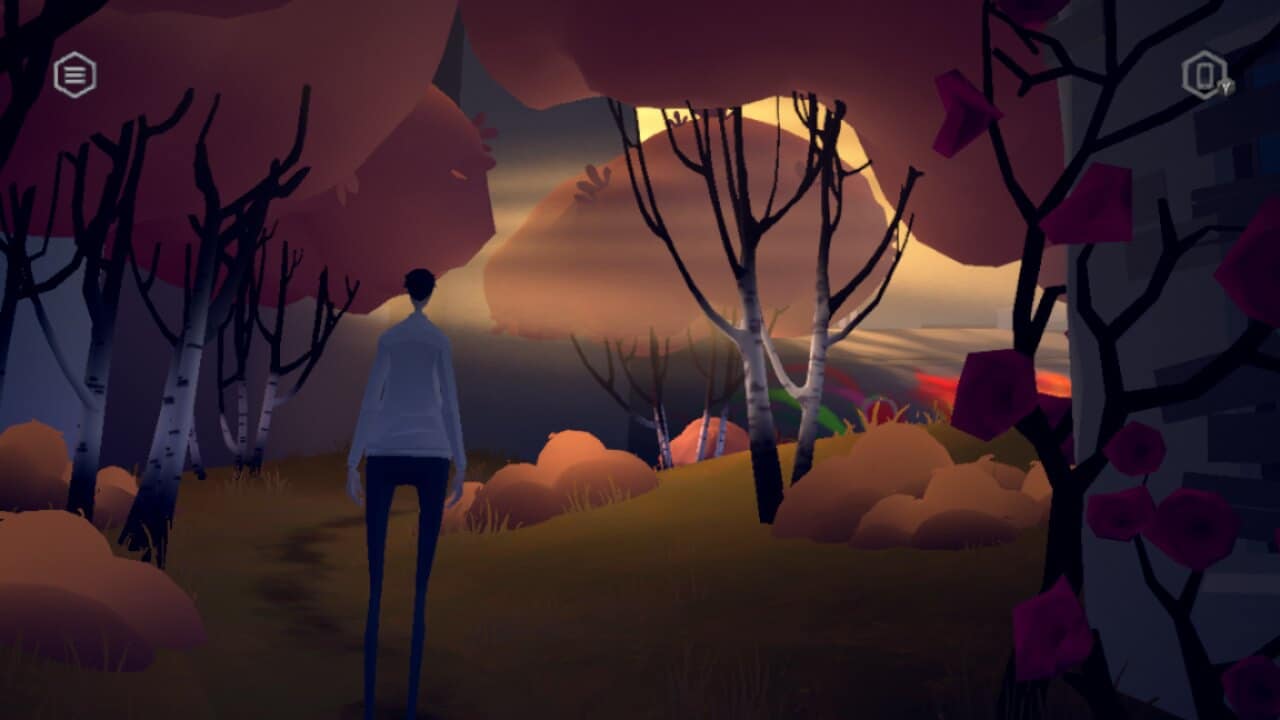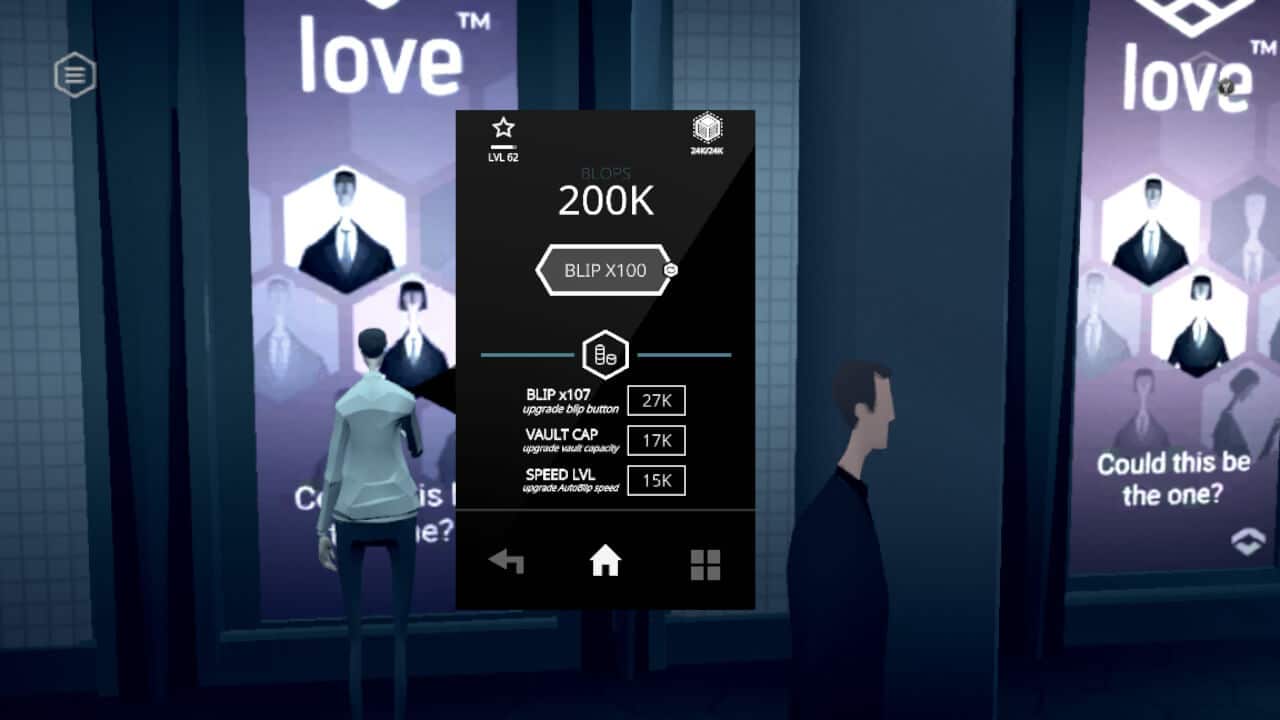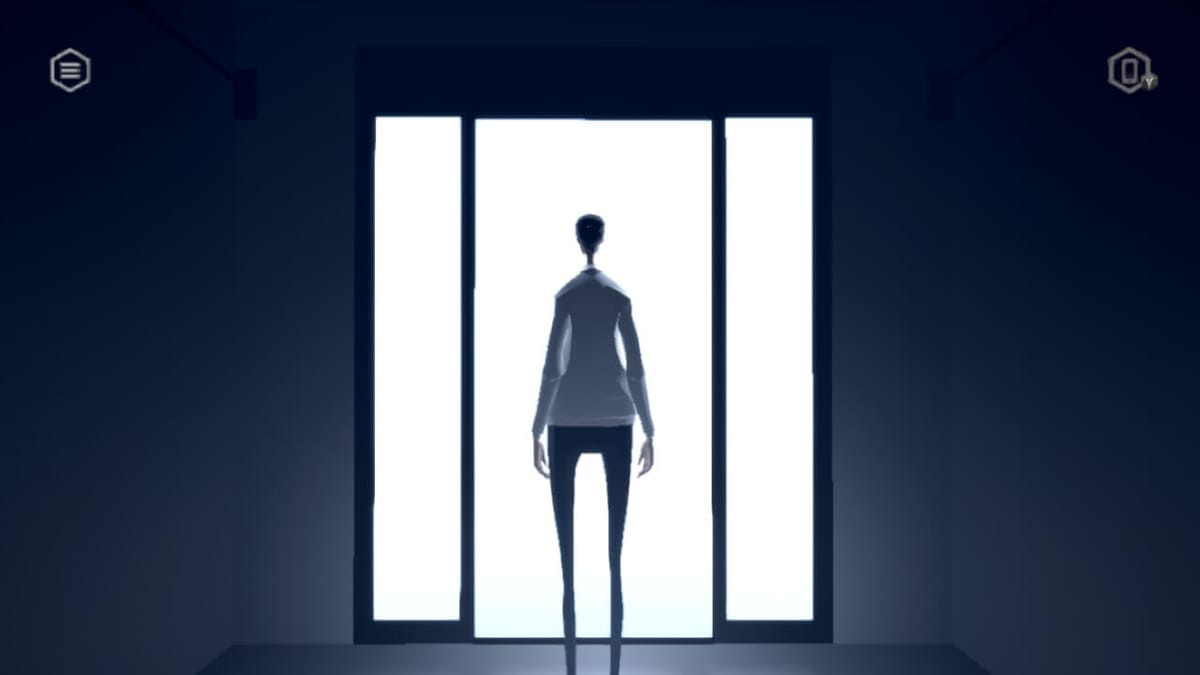Ihave ventured for something different here, and rather than list a few thoughts on my backlog or new gaming glasses, I reached out to one of the developers of one of the very many games I play.
That developer was Killbrite and their CEO, Jon Cato Lorentzen, kindly answered a handful of questions I had in relation to their recent title, Mosaic, currently available on the Nintendo Switch and PS4.
Bear in mind these are questions I wanted to ask about Mosaic, so apologies if there are some things left unanswered, but like the game itself, sometimes subjects are better left to your own interpretation than being told what to think and feel.

VK: It took four years to make Mosaic. How close is the final product to how you envisioned it and is there anything you would change or add if time/the budget would permit?
JCL: The theme and atmosphere is very close to what we originally envisioned. We had planned a lot of content that didn’t make it into the final game, the complexity of making a third-person 3D game and the different surreal sequences were more challenging than we had planned, so we had to cut a few planned parts.
VK: There are many people that can identify with the routine of the daily commute, addiction to their mobile phone and the way the corporate grind is depicted in the game. They are very relatable observations. Having read some other opinions, not everybody shared the same sentiment when it came to the actual game. While you can’t cater to everyone, what was the most important goal out of the two; the message, or gameplay?
JCL: We liked the challenge of making a game about the mundane and boring. You need to tread a fine balance where you convey the feeling of hopelessness, repetitiveness, boredom and drudgery to the player, while at the same time making sure that the player is connecting with these feelings without feeling bored themselves. We feel the gameplay is closely connected to the theme and message of the game.

VK: It’s evident that a lot of work has gone into the development of the title, and that can be seen in the visuals. Still, the score is so very understated and creates a particular element of tension, but sometimes, nothing happens. The threat is sometimes more powerful than the action but were there times when you felt you might have to succumb to a more literal style of gameplay and story to appeal to a broader audience?
JCL: No, it’s a very conscious choice. We wanted to blur the lines of what is real and what is not and create an atmosphere where everything feels slightly off. We do try to make sure that everyone can understand how to play and progress in Mosaic, but as far as explaining the theme and what is going on we leave a lot of it up to the interpretation of the player.
VK: From my perspective, Mosaic takes gaming narrative further on the path of surrealism and leaves things open-ended even if the actual gameplay is somewhat linear. Are there any outside influences that contributed to this idea? For example, other than the film Brazil, were there any other films that inspired you, or literature that made you opt for this route of storytelling?
JCL: We have plenty of influences, books, games, movies and music, but most are indirect influences.
VK: There doesn’t appear to be any right or wrong when making the decisions in the game. While there is an underlying thought of free will and that you always have a choice no matter whether it is good or bad, what percentage of people did you believe would flush the goldfish rather than pocket him?
JCL: Mosaic is a game about the lack of choice, a lack of free will, and being trapped in a system defined by outside forces. That is why the small decisions you get to make – like saving or flushing the fish – is a big deal to you as a player. We don’t judge players for flushing the goldfish, but playtests showed that most players saved it.

VK: Mosaic encourages the player to explore and question their surroundings – to break out, so to speak. In line with this being a gaming site, what would you consider a real breakout game that made you want to get into the industry with the response of “I want to do that too”?
JCL: I think everyone on the team has a different answer to this question, but for me personally, I have to go with Wizball on the Commodore 64. It’s a very anarchistic, free-spirited anything goes-sort of game.
VK: What’s next on the horizon for Killbrite? I understand you don’t want to be identified as doing the same thing each time, so will we see something completely different like Killbrite’s take on a beat ’em up or an RPG perhaps?
JCL: We are working on something very different at the moment. Completely unlike Mosaic but in genre and gameplay, but we can’t talk that much about it yet.
And that concludes the handful of questions I had to ask Jon about Mosaic, and I thank him for taking the time to answer them.
If you haven’t read it already, please check out my review of Mosaic, but more importantly, play the game and make your own opinion.


